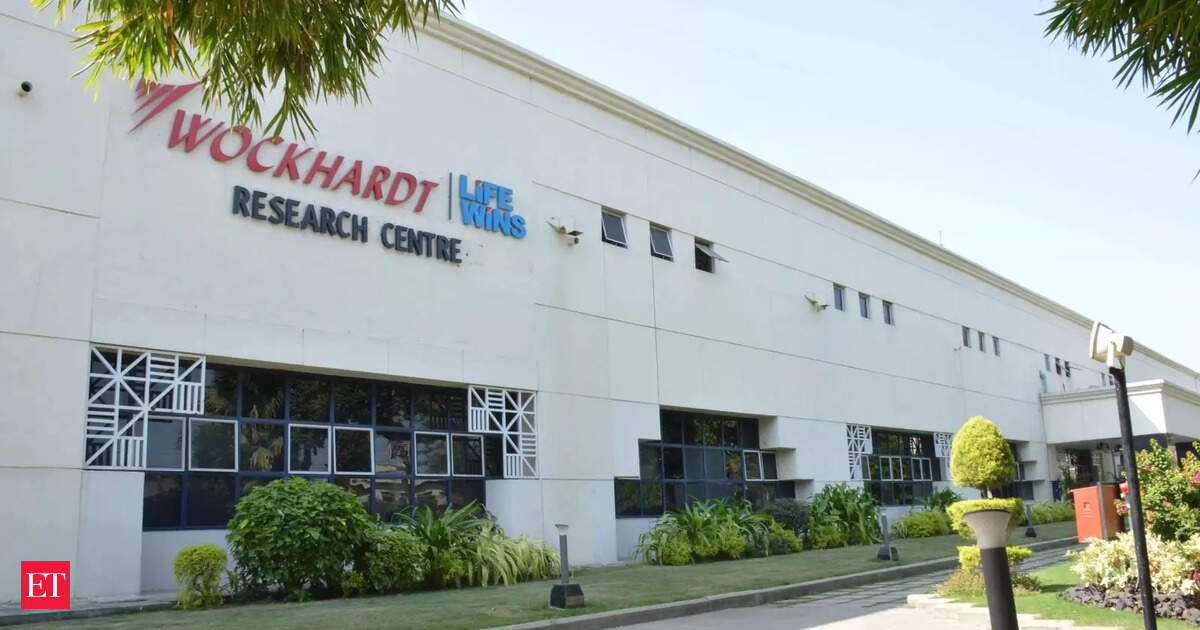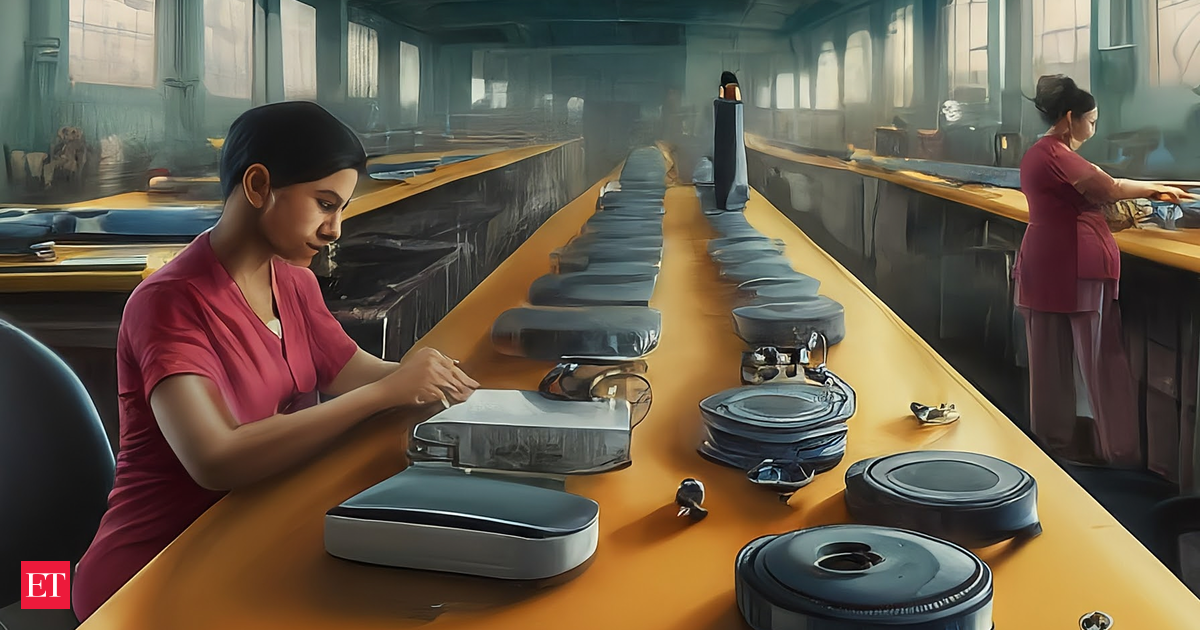In a stock exchange filing, Wockhardt said, “Wockhardt is undertaking significant strategic realignment of its US business in line with its long-term vision to build a differentiated, innovation-driven pharmaceutical enterprise. As part of this transition, the Company has taken decision to exit the US generic pharmaceutical segment, paving the way for deeper focus and investment in its advanced product portfolio.”
The decision did not come out of nowhere. Wockhardt’s generics arm in the US has been bleeding money for years. In the last financial year alone, it posted a loss of almost $8 million.
That sort of drain can only go on so long. So the company is shutting it down for good.
Wockhardt has filed for voluntary liquidation under Chapter 7 of the US Bankruptcy Code. This covers two subsidiaries — Morton Grove Pharmaceuticals Inc. and Wockhardt USA LLC — both based in Delaware and fully owned by Wockhardt Bio AG.
The company said this move, effective 11 July, clears the decks. It frees up cash and time for what comes next.So what does come next? Wockhardt wants to pour resources into two areas it thinks matter more for its future.As the company put it, “This strategic reset aligns with Wockhardt’s sharpened focus on building a future-ready business anchored in two key pillars:
New Antibiotic Drug Discovery – where Wockhardt has established a leadership position globally, with a strong pipeline of differentiated assets.
Biologicals Portfolio in Insulin – leveraging advanced technologies to address critical unmet needs in diabetes care.”
It wants to tackle antibiotic resistance head-on and expand its insulin line to serve the growing diabetes market.
The US exit does not mean Wockhardt is shrinking everywhere. Far from it. The company says its other operations — in India, the UK, Ireland and beyond — are still solid.
It stressed these businesses will keep running as usual and continue to deliver.
The market took the news in its stride. Wockhardt’s shares closed up 3.5% on the BSE that day, ending at Rs 1,756.
For Wockhardt, it’s about cutting losses and backing what works. For now, the bet is that new antibiotics and better insulin will pay off where old generics no longer could.




